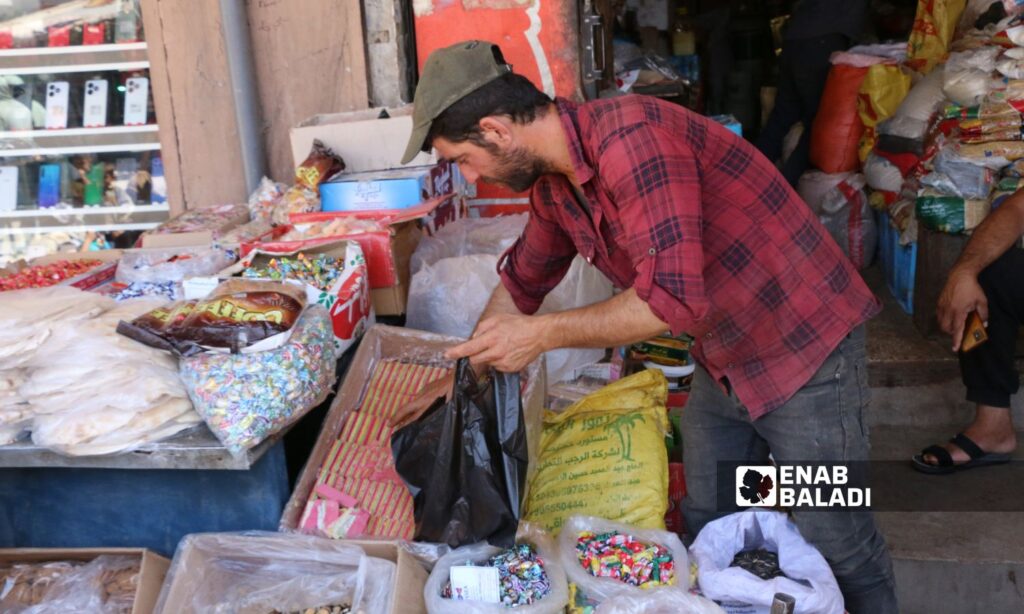The Syrian Interim Government (SIG) has tasked its Ministry of Finance with presenting a tax and fee law project for the areas under its control in the countryside of Aleppo.
The mandate came as part of a series of directives issued by the General Assembly of the National Coalition for Syrian Revolutionary and Opposition Forces (Syrian National Coalition) during its 73rd session, held on October 17 and 18.
The General Assembly stated in its final statement, published on October 21, that it discussed the tax reality and the multiple bodies imposing and collecting taxes and fees.
It also discussed the necessity of preventing the imposition of any taxes or fees on citizens without a law, and of limiting tax collection to a specialized directorate under the Ministry of Finance in the Interim Government.
The decision of the General Assembly included assigning the Minister of Finance to submit a project for taxes and fees to the legal and human rights working group within the Coalition to hold a joint workshop on it and reach a draft law within two months.
The law will then be submitted to the General Assembly for discussion and approval in its next session.
The Minister of Economy in the Interim Government, Abdel Hakim al-Masri, stated to Enab Baladi that the government is currently not imposing any taxes but is charging customs fees on goods entering through border crossings.
The Interim Government established, in December 2017, the General Directorate of Customs to monitor the imports and exports of the crossings connected to Turkish territories.
The Syrian border with Turkey is linked by about ten border crossings, including Bab al-Hawa in the Idlib countryside, Bab al-Salama near Azaz in northern Aleppo, as well as Jarablus in eastern Aleppo and al-Ra’i.
Al-Masri explained that local councils impose some taxes and fees, such as vehicle registration fees or property transfer fees, through their financial offices.
However, there is currently no law or specific mechanism to regulate them.
Last July, the government approved the executive regulations for taxes, which means there is a tax law, but it cannot be implemented to avoid tax duplication due to the lack of centralization in the institutions of the region, which is required for the tax imposition mechanism.
Currently, there is a trend towards approving a project, but there are many challenges that need to be overcome, in addition to determining mechanisms for imposing the tax without affecting the consumer, according to al-Masri.
The Interim Government, the political umbrella of the Syrian National Army (SNA), controls the northern and eastern countryside of Aleppo, as well as the cities of Tal Abyad in northern Raqqa and Ras al-Ain in western al-Hasakah.

